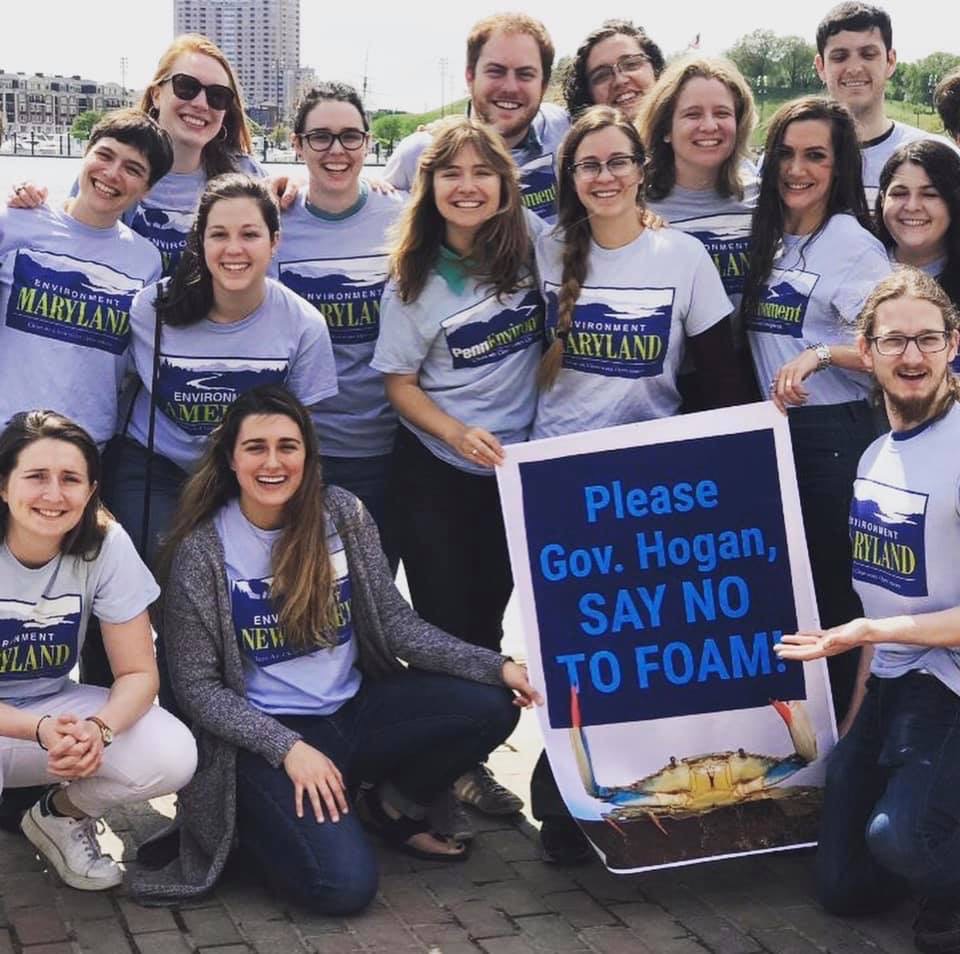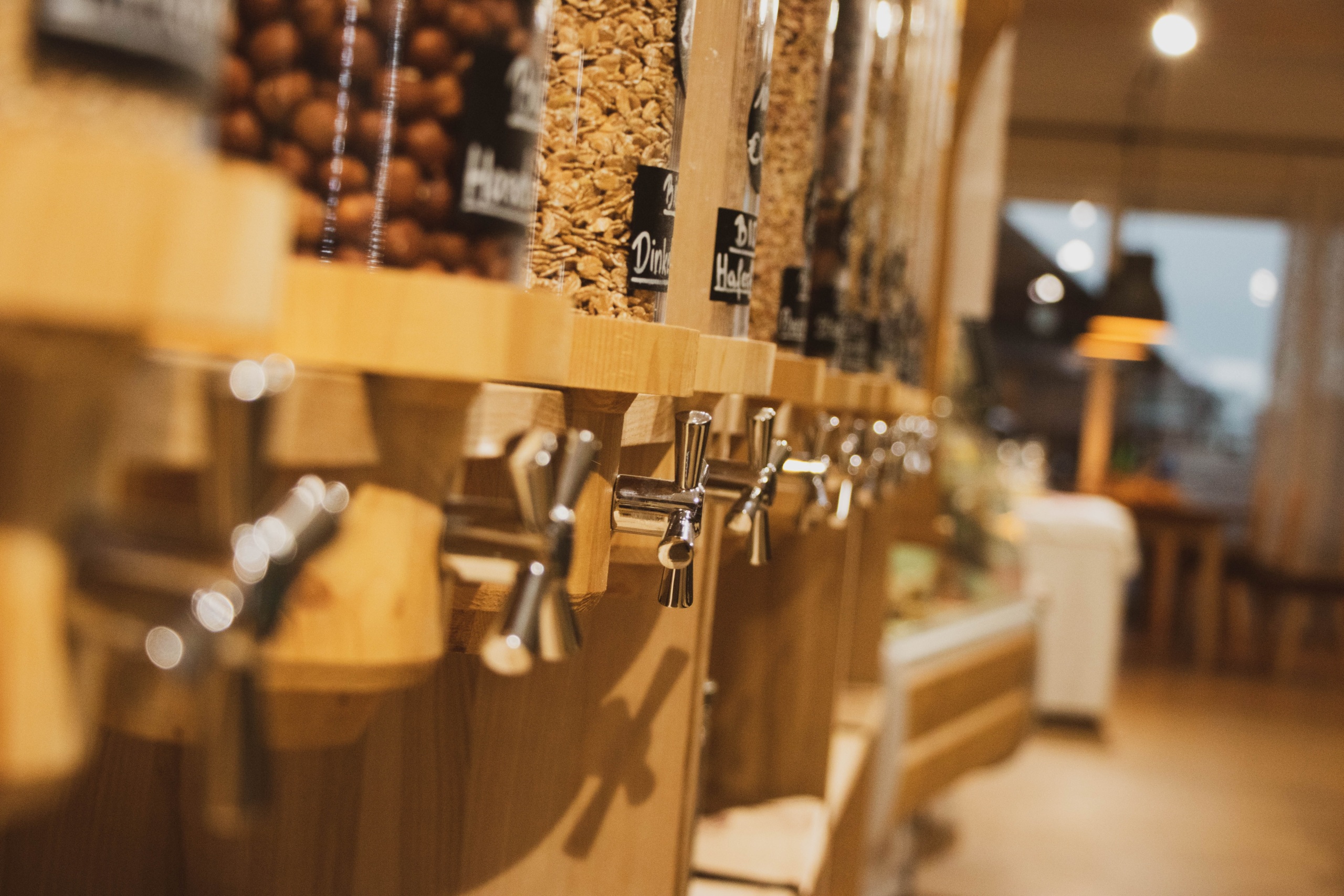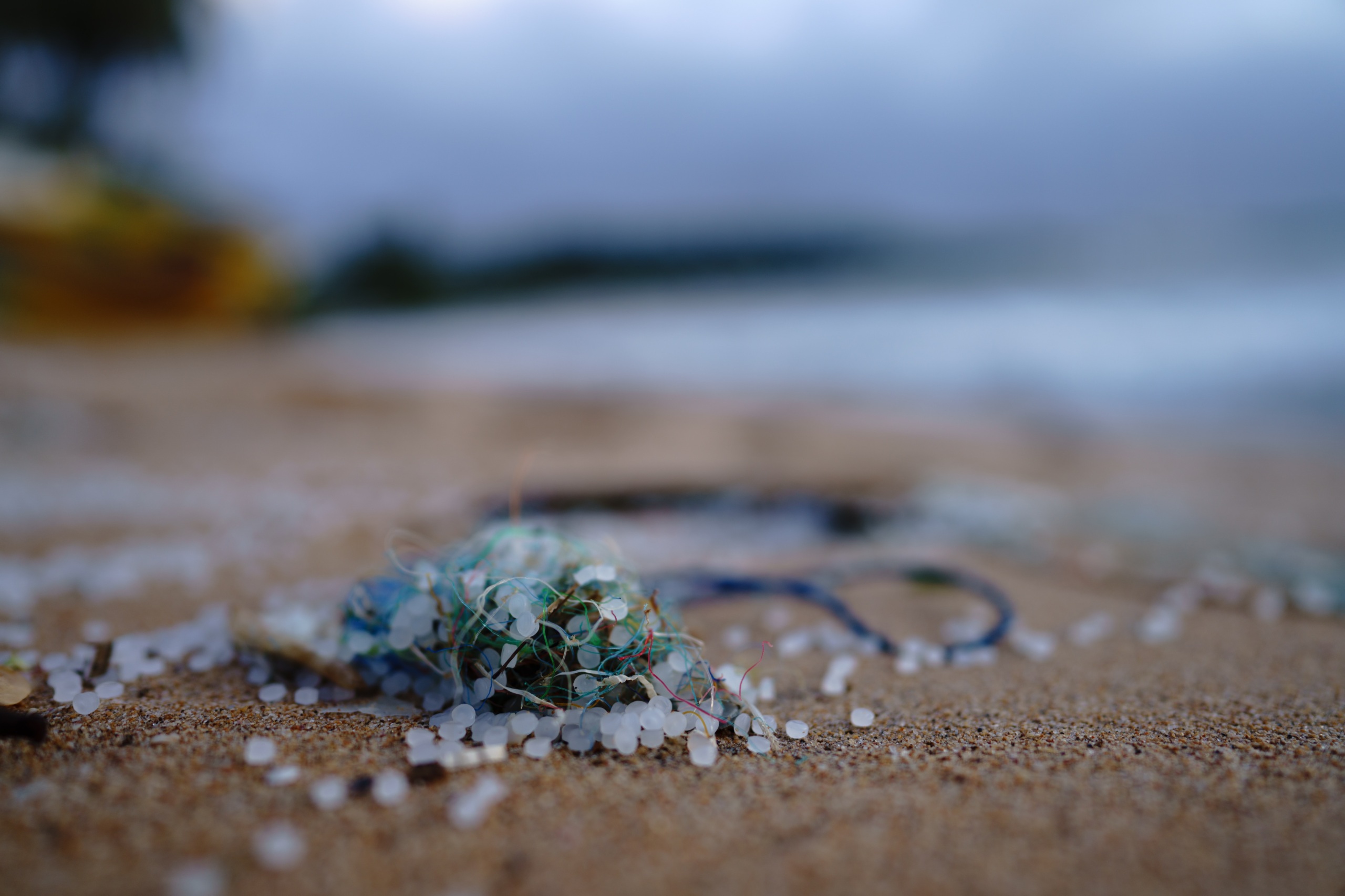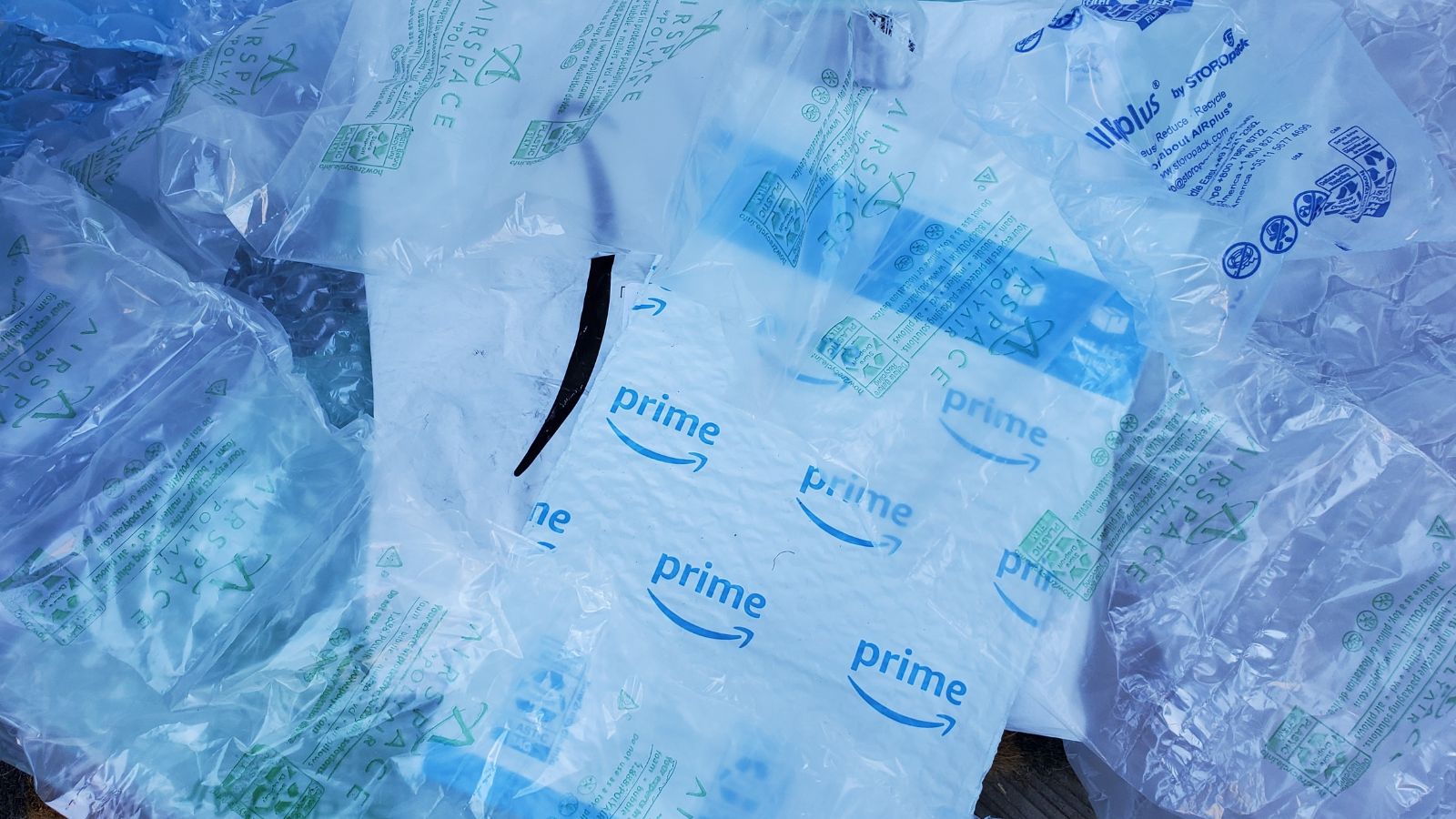Maryland Department of the Environment fails to justify delay in implementation of foam ban
Single-use plastic continues to threaten our health, communities and wildlife

Maryland made history last year as the first state to pass a ban on polystyrene foam food containers. The foam ban was a huge win for our water, our air, our wildlife and our communities. But with insufficient explanation, the Maryland Department for the Environment (MDE) is extending the deadline for Maryland businesses to comply with the law.
Why is banning polystyrene foam so critical?
Polystyrene foam, which most of us call Styrofoam, is one of the most common and most hazardous forms of single-use plastic. It is often impossible to recycle polystyrene, so nearly every piece of foam ends up littering our neighborhoods, polluting our waterways and ultimately our drinking water, filling up our landfills, or releasing toxic gases when burned in Baltimore’s incinerator.
The polystyrene that ends up in our environment never goes away. It breaks down into tiny pieces called microplastics that pollute our water, poison our wildlife, and a growing body of research shows that these microplastics pose problems for our own health, from hormone disruption to interference with brain development.
Maryland became a national leader in addressing our plastic pollution crisis by passing a foam ban, and other states and communities are rightfully following suit. As a society, we’re finally coming around to the idea that nothing we use for a few minutes should be allowed to pollute our planet for hundreds of years.
A delay on Maryland’s ban
Maryland’s law to ban polystyrene food packaging was set to go into effect on July 1, 2020. But MDE recently announced that because of the “state of emergency and a catastrophic health emergency related to COVID-19,” they will delay the implementation of some provisions of the ban by three months. Specifically, they will extend the deadline for schools, restaurants, faith institutions and non-profit organizations to use up whatever polystyrene they have left in stock.
In a statement to the Baltimore Sun, Maryland Secretary of the Environment Ben Grumbles explained the extension is designed to “help small businesses and schools that weren’t able to use up their existing inventories because of Covid-19.” But Grumbles did not confirm if businesses or schools actually want or need the extension. According to the Baltimore Sun:
Karen Sarno, supervisor of food services for Carroll County Public Schools, said in an email Tuesday evening, “We had used up 90% of our polystyrene and transitioned most of our inventory to new products. When schools closed 3 months early we used what we could in emergency feeding, we now have a very small inventory in stock. We had planned on donating the small amount left (rather than destroying) but with the extension we will use it up in September if possible.”
The law provided a full year to use up existing stock of foam food containers. The law also includes a provision for institutions to request a waiver due to financial burden. Any business, school or restaurant, faith group, or non-profit organization can apply for an extension to ensure they have enough time to use up the foam containers they have in stock if the past year wasn’t enough time. In an interview with Maryland Matters, State Sen. Cheryl Kagan, the bill’s sponsor, said that she was not aware of a single request for an extension.
So if they have had a year, and nobody has asked for more time, why is MDE delaying implementation of the law?
Why it matters
Decisions about public health and the environment must always be grounded in data. Since the COVID-19 pandemic hit the United States, the plastics industry has tried to undermine similar legislation banning single-use plastic bags.
The Montgomery County Council rightfully withdrew a proposal to rescind their plastic bag fee after their health department, environmentalists and others questioned the need.
The data that Marylanders relied on when we decided to ban single-use polystyrene containers have not changed: plastic continues to threaten our health and wildlife.
Therefore, MDE must share their data. If they have data showing that delaying implementation of this deeply important legislation is necessary, we deserve to hear it. If they don’t, there shouldn’t be a delay.
On the surface, this extension appears to be a solution in want of a problem. Bans on foam food packaging and other single-use plastics are a proven effective way to reduce waste and litter, protect the natural world, and protect ourselves. We urge Marylanders and institutions to make the switch to a more sustainable option, and prioritize wildlife over waste.
Topics
Authors
Kate Breimann
Find Out More

Ditch plastic packaging: Shop at your local refillery

Millions of tiny plastic pellets are being dumped into our waterways

Turning plastic waste into plastic lumber isn’t recycling


